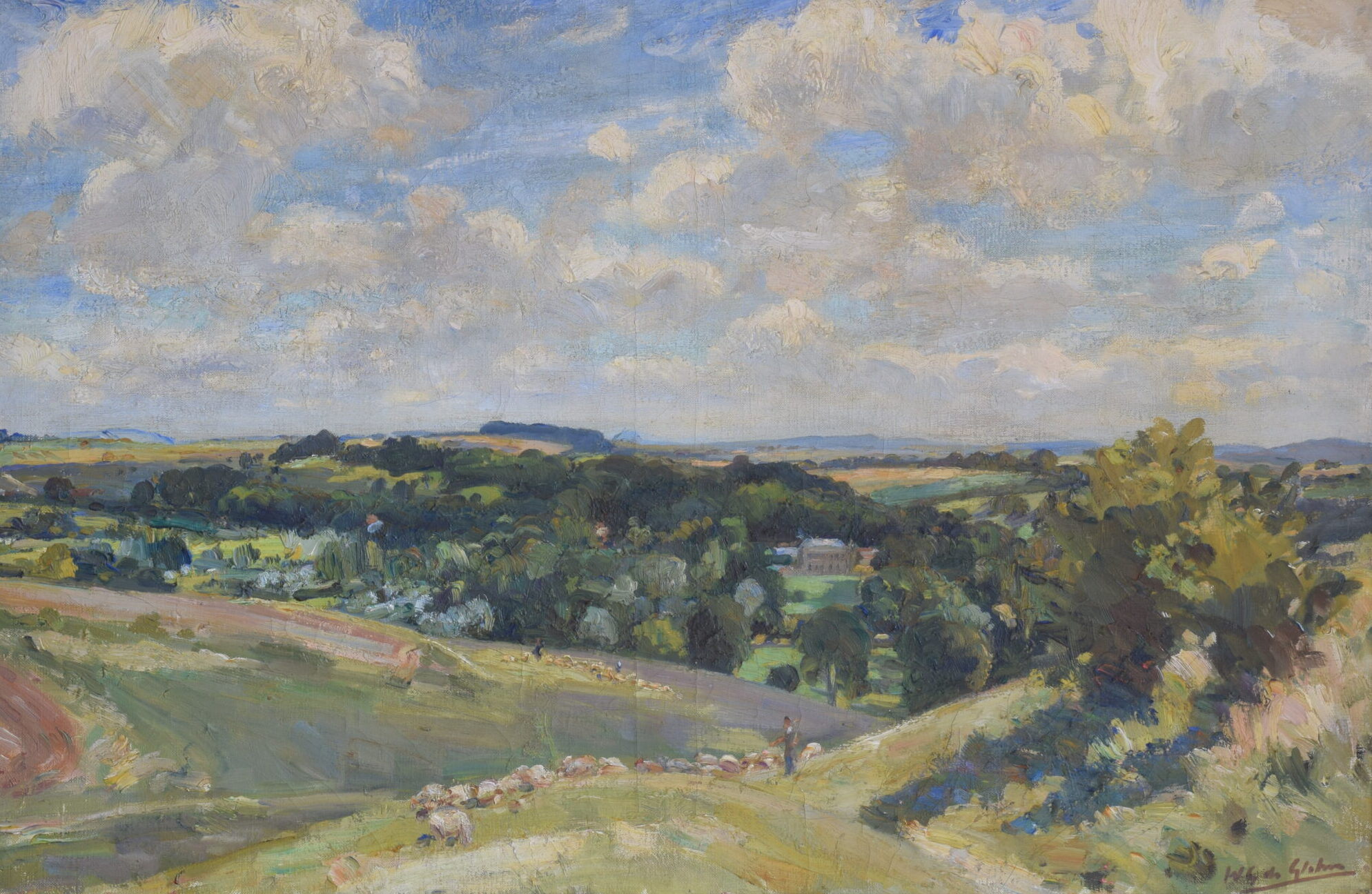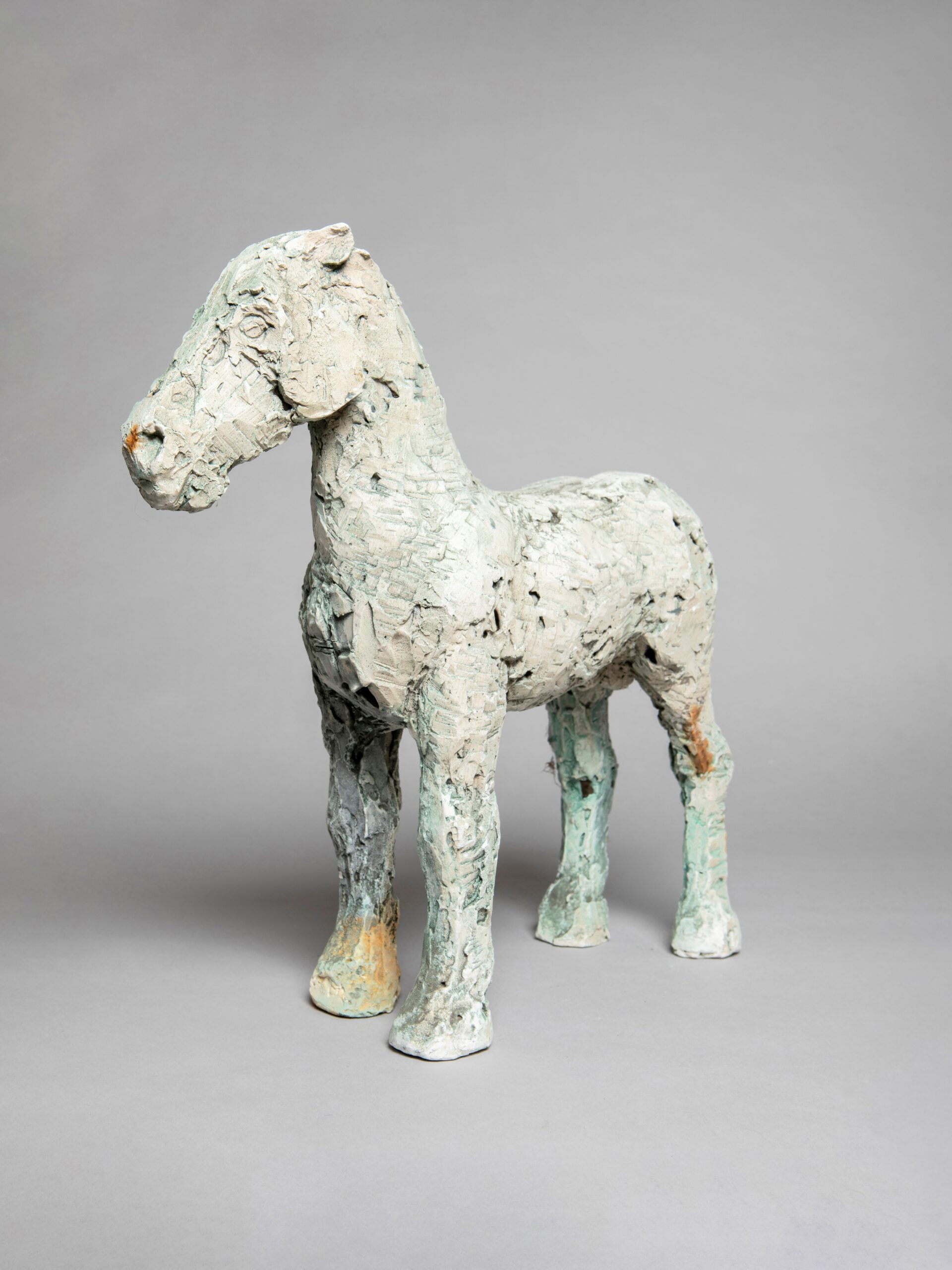General Pitt-Rivers
Lieutenant-General Pitt-Rivers inherited the Rushmore Estate on Cranborne Chase in 1880. This estate, on the borders of Wiltshire and Dorset, contained many archaeological sites that were exceptionally well preserved. This was because the area had been a deer hunting preserve until 1828. It had been forbidden to harm the deer and the vegetation on which they lived, agriculture had been strictly controlled and archaeological sites therefore remained untouched. The area included a vast number of monuments and settlements dating from prehistoric times to the medieval period.
Pitt-Rivers already had a deep interest in archaeology which he pursued after inheriting the Rushmore Estate. What was remarkable was that his archaeological methods turned away from the treasure hunting of his antiquarian predecessors. Employing a team of archaeological assistants, he was able to excavate a wider range of sites aiming to recover as much information as possible to reconstruct their history. His work was fully documented and he retained many of the objects found including everyday items. Artefacts were measured and drawn with detailed plans and models showing where all the finds were made.
Pitt-Rivers believed in educating the wider public about his discoveries. He founded a museum at Farnham, Dorset where he displayed his discoveries and models. For academics his work was privately published in the four-volume Excavations in Cranborne Chase (1887–98). Many of the places he excavated became type sites for the period: Wor Barrow for the Neolithic, South Lodge for the Bronze Age and Woodcuts for the Roman period.
Today Pitt-Rivers is regarded as one of the founders of modern archaeology, who moved the subject away from an amateur hobby to a scientific discipline. The key aspects of his legacy are the archaeological finds and models relating to his work on Cranborne Chase which were given to Salisbury Museum in 1975.


